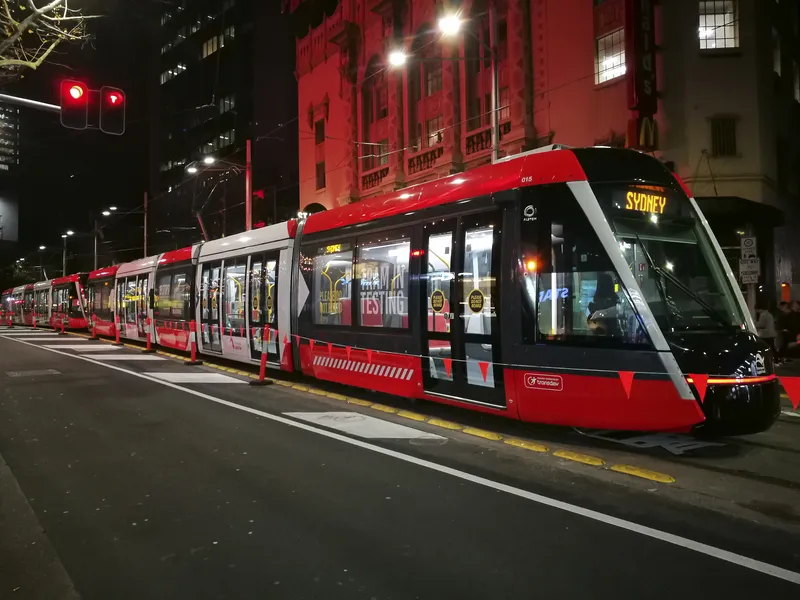Following a successful electronic road pricing (ERP) trial by Kapsch Trafficom, Jakarta Transportation Agency has announced that two other companies, Norway-based Q-Free and Singapore company Watch Data, are scheduled to develop systems for trial.
According to Transportation Agency head Muhammad Akbar Q-Free will begin trialling its system on Jalan HR Rasuna Said in South Jakarta, one of the city’s most congested streets, in September. Meanwhile, he said, Watch Data was still looking for other traffic-c
July 4, 2014
Read time: 2 mins
Following a successful electronic road pricing (ERP) trial by 81 Kapsch Trafficom, Jakarta Transportation Agency has announced that two other companies, Norway-based 108 Q-Free and Singapore company 7831 Watch Data, are scheduled to develop systems for trial.
According to Transportation Agency head Muhammad Akbar Q-Free will begin trialling its system on Jalan HR Rasuna Said in South Jakarta, one of the city’s most congested streets, in September. Meanwhile, he said, Watch Data was still looking for other traffic-congested areas to try out its system.
He said that each trial would be conducted between three and six months. One company will be chosen based on the performance of its system during the trial.
The companies participating in the trial will install on-board units (OBU) on 30 to 50 vehicles that regularly pass the area where ERP gates are installed to see whether the devices can connect to the gate.
“The trial will be conducted to evaluate the three companies’ systems. The city administration will choose the best company to develop and run the ERP system in Jakarta,” Akbar said.
Separately, acting governor Basuki “Ahok” Tjahaja Purnama said the companies would be judged on their system’s ability to detect the OBUs and read licence plates.
“During traffic congestion, the OBUs and license plates will be difficult to detect. So, the company that can detect them without any mistakes will be the one to develop the ERP system in the city,” he told reporters.
The Jakarta administration plans to implement the ERP system as the three-in-one system, enacted in 1994, has been proven to be ineffective in easing traffic.
According to Transportation Agency head Muhammad Akbar Q-Free will begin trialling its system on Jalan HR Rasuna Said in South Jakarta, one of the city’s most congested streets, in September. Meanwhile, he said, Watch Data was still looking for other traffic-congested areas to try out its system.
He said that each trial would be conducted between three and six months. One company will be chosen based on the performance of its system during the trial.
The companies participating in the trial will install on-board units (OBU) on 30 to 50 vehicles that regularly pass the area where ERP gates are installed to see whether the devices can connect to the gate.
“The trial will be conducted to evaluate the three companies’ systems. The city administration will choose the best company to develop and run the ERP system in Jakarta,” Akbar said.
Separately, acting governor Basuki “Ahok” Tjahaja Purnama said the companies would be judged on their system’s ability to detect the OBUs and read licence plates.
“During traffic congestion, the OBUs and license plates will be difficult to detect. So, the company that can detect them without any mistakes will be the one to develop the ERP system in the city,” he told reporters.
The Jakarta administration plans to implement the ERP system as the three-in-one system, enacted in 1994, has been proven to be ineffective in easing traffic.









